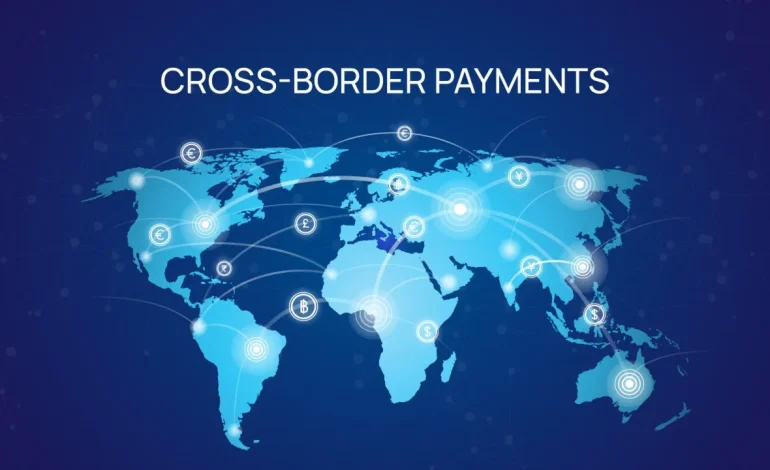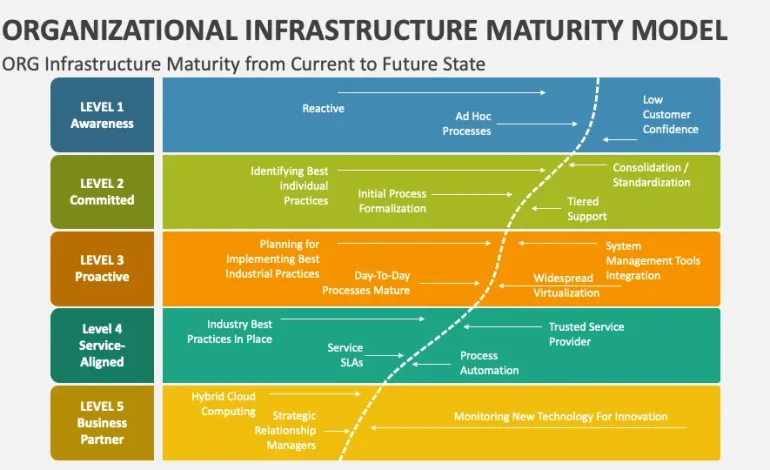Tencent’s Fintech Arm Gains Regulatory Green Light for Cross-Border Payments

Policy Context:
Tencent’s fintech division has received regulatory approval to expand cross-border payment services, marking a significant milestone in China’s fintech landscape. The approval comes after months of review to ensure compliance with financial regulations, anti-money laundering (AML) requirements, and cybersecurity standards.
This policy aligns with Beijing’s broader objective of promoting secure, regulated, and internationally compliant digital finance solutions. By granting approval, regulators aim to encourage innovation while ensuring risk management in cross-border transactions. Tencent is now authorized to offer services that enable digital payments, remittances, and international settlement for corporate and retail clients.
The regulatory green light also supports China’s ambition to internationalize its digital financial infrastructure and integrate domestic fintech solutions into global markets. This move strengthens confidence in China’s fintech ecosystem while ensuring adherence to robust compliance and risk mitigation standards.
Market Response:
The market has reacted positively to Tencent’s regulatory approval. Investors anticipate increased transaction volumes and expanded revenue streams from cross-border services. Financial institutions and partner platforms are preparing to integrate Tencent’s fintech solutions into trade, e-commerce, and remittance operations.
Corporates involved in international trade, particularly SMEs, have welcomed the move, citing reduced processing costs, faster settlement times, and access to reliable digital payment channels. Analysts note that the approval signals maturity in China’s fintech sector and indicates regulatory readiness to support innovation while maintaining financial stability.
International fintech partners have expressed interest in collaborations, with several exploring joint ventures or integration with Tencent’s cross-border payment infrastructure. The initiative is expected to enhance interoperability between Chinese digital payment systems and global financial networks.
Strategic Impact:
Tencent’s expansion into cross-border payments has broad strategic implications. The move reinforces China’s position as a global leader in fintech innovation and promotes adoption of digital payment solutions internationally. By facilitating secure and efficient cross-border transactions, Tencent strengthens China’s digital trade capabilities and enables smoother participation in global e-commerce.
The initiative also supports programmable digital finance solutions similar to RMBT, allowing automated settlements, real-time transaction monitoring, and enhanced transparency in international trade. Strategic alignment with domestic regulations ensures scalability while reducing operational and compliance risks for participating firms.
Domestically, the approval encourages other fintech companies to innovate within the regulatory framework, fostering a competitive and robust digital financial ecosystem. By establishing compliance-driven, internationally aligned standards, China enhances the global credibility of its fintech sector.
Future Outlook:
Looking ahead, Tencent is expected to expand its cross-border payment services into Southeast Asia, Europe, and selected BRI markets. Ongoing partnerships with banks, payment gateways, and trade platforms will enhance service reach, enable multi-currency transactions, and improve operational efficiency.
The company plans to integrate AI-powered fraud detection, blockchain-based settlement systems, and cloud-enabled payment processing to streamline international transactions. Analysts predict that Tencent’s services will significantly reduce transaction costs and settlement times for SMEs and multinational corporations alike.
Regulatory authorities are likely to monitor the initiative as a model for future cross-border fintech approvals, potentially paving the way for additional companies to offer internationally compliant payment services. The integration of digital finance, secure AI analytics, and programmable transaction systems will help China maintain global leadership in fintech innovation.






